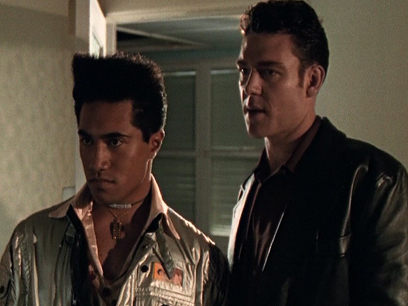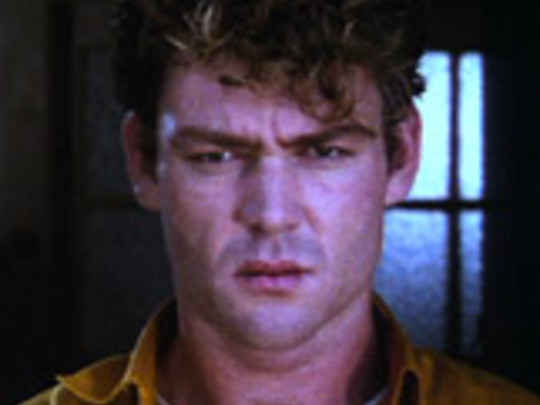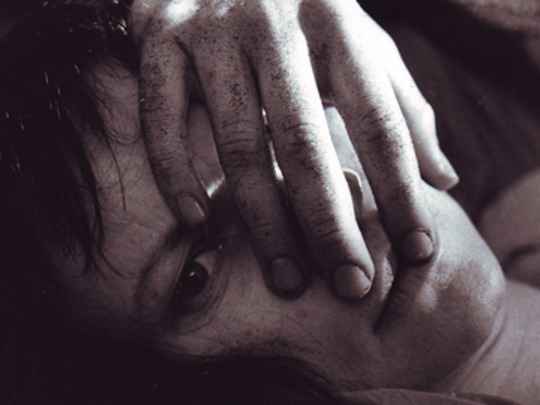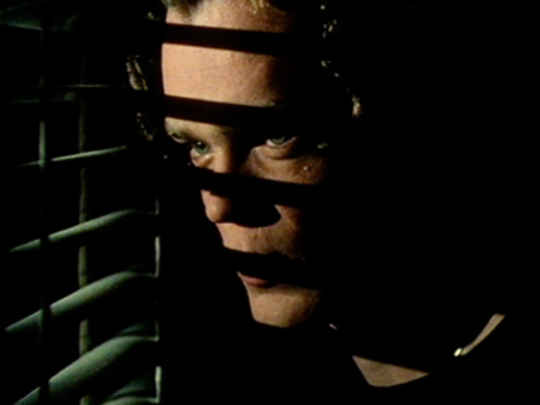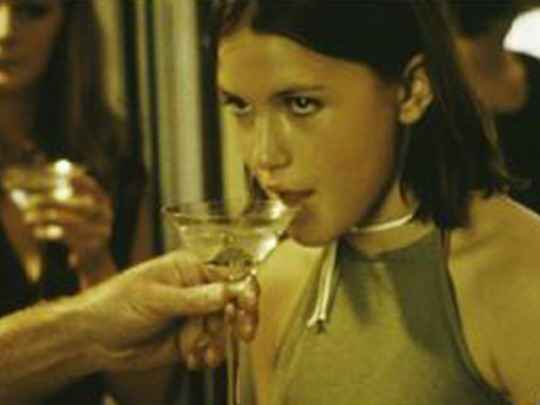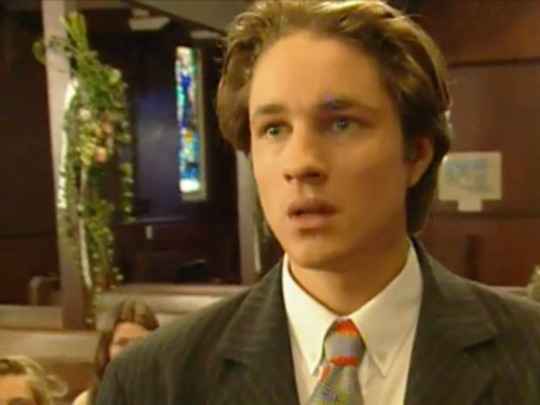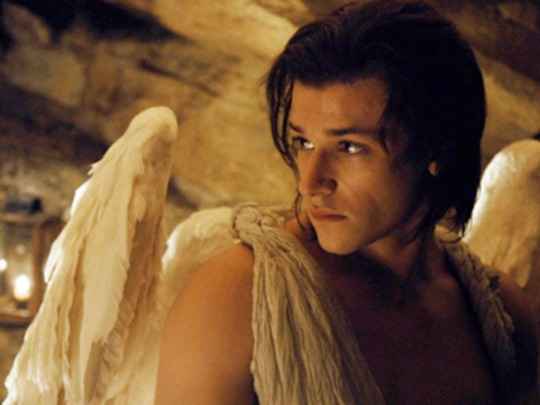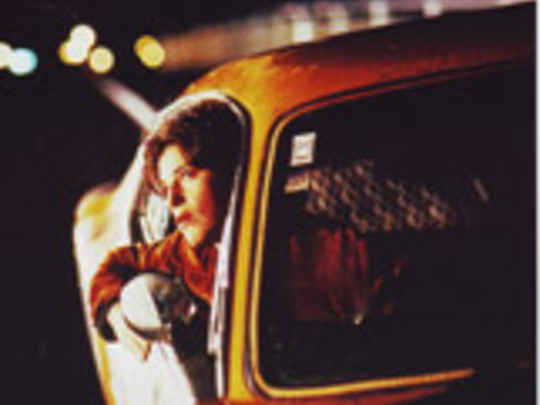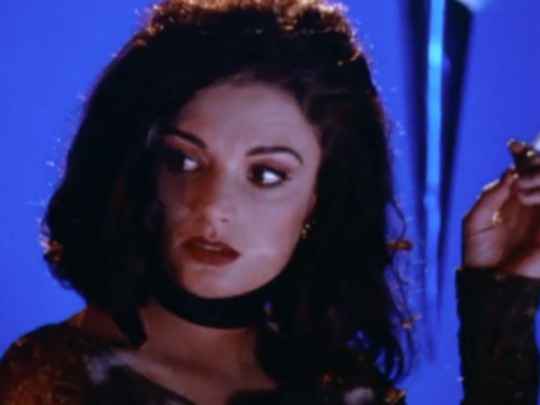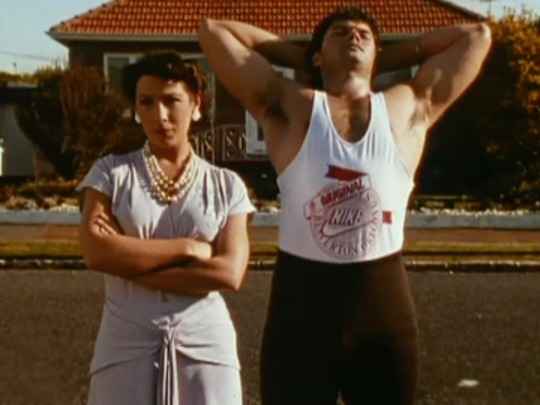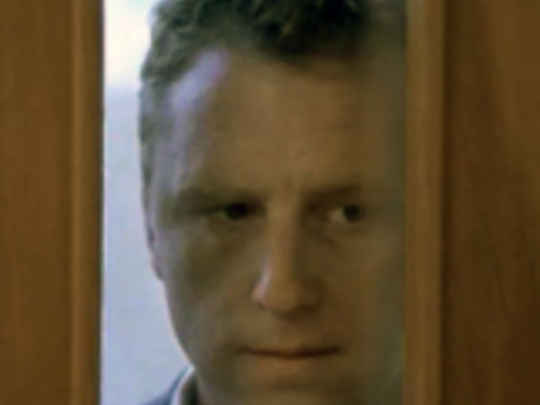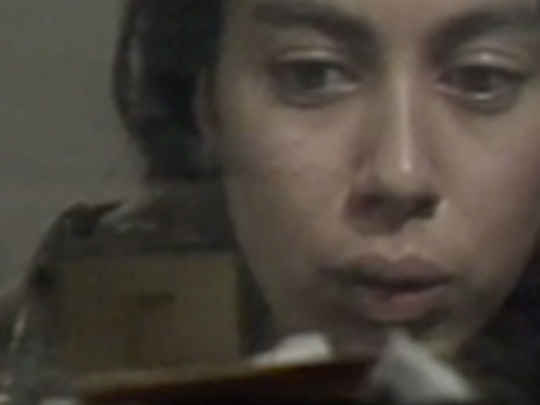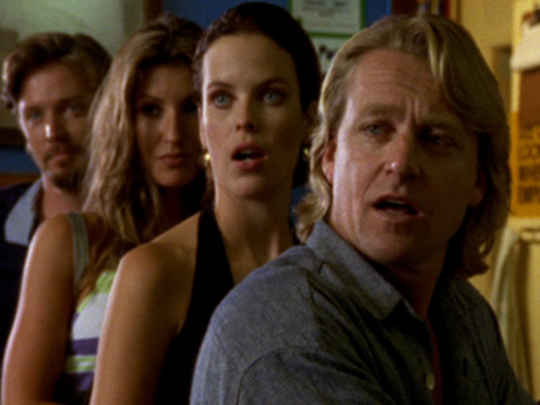Plain Tastes
Television (Full Length) – 1995
A perspective
A watershed in Niki Caro's career, Plain Tastes was a one-hour drama commissioned in the first round of Montana Theatre for TV One. After this she embarked on a feature film career, although after Memory & Desire (1998) she wrote and directed for several TV series.
An original script, in contrast with her features that are all adaptations, Plain Tastes consolidates her previous themes. These include the frictions, frailty and steadfastness of family, the frustrations of desire, particularly female, and the flexibility of gender. In line with the sobriety of the title the tone is often somber, never bleak, leavened with Caro's distinctive comic edge.
Mortality, old age, being single, and gay fearfulness additionally darken, and deepen, the themes and drama. Pepsi, a flamboyant escapee from a strict family in forest-bound Tokoroa, provides colourful but, almost tragic, relief. Caro's eye for human foibles flares with flashes of the surreal.
But reality makes a strong contribution. Regarding the elderly Iris, whose decline structures the story, Caro is quoted by reframing Women author Deborah Shepard: "If there is an autobiographical film it's Plain Tastes. It's my relationship with my grandmother." Caro's experience of caring for her grandmother, when she refused to go to hospital, is incorporated in the central character Laura's predicament.
On the flyer, Laura in a skin-tight leopard skin frock, eyes herself skeptically in a mirror, the title ‘plain tastes' hinting at the story's ironies. These ironies initially eluded the commissioning panel who cautioned that the protagonist was too old fashioned, (‘contemporary' being their clarion call to a broad audience). A name change from Nora to Laura smoothed the way to an acceptance that her dilemma was the tension between changing values, a constant in any society.
Production values are enhanced with the integration of three Burt Bacharach songs in the narrative. These came at a price. Bacharach himself had to approve their use, his consent not coming till the eleventh hour, on the day they were to be recorded. He was reputedly contacted on a Palm Springs golf course. While the budget was structured with their copyright in mind the limitation on future plays is restrictive.
It is our loss that in her subsequent feature films (thus far) Caro has adapted others' stories. As an original writer her singular view of Kiwi life, evidenced in her short films, suggest depths she could yet affectionately, penetratingly and humanely expose.
